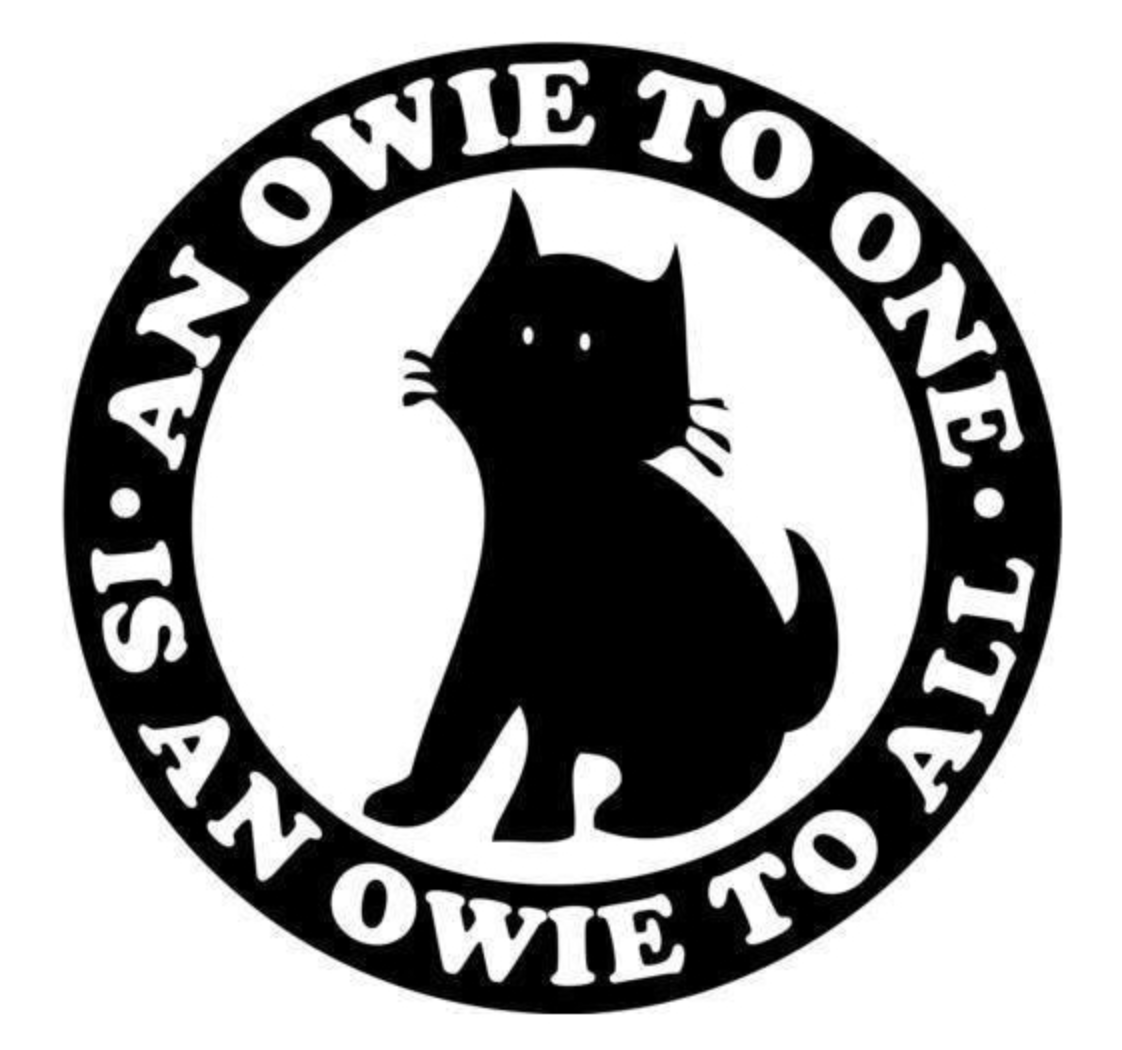Watermelons have emblazoned banners, T-shirts, balloons and social media over the past three months in global protests against the Israel-Hamas war.
Here’s how the watermelon went from being a symbol of protest in the West Bank and Gaza to a global sign of solidarity with Palestinians online.
According to artist and exhibit organizer Sliman Mansour, an Israeli officer told him, “It is forbidden to organize an exhibition without permission from the military, and secondly, it is forbidden to paint in the colors of the Palestinian flag.” The officer mentioned a watermelon as one example of art that would violate the army’s rules (…)
According to artist and exhibit organizer Sliman Mansour, an Israeli officer told him, “It is forbidden to organize an exhibition without permission from the military, and secondly, it is forbidden to paint in the colors of the Palestinian flag.” The officer mentioned a watermelon as one example of art that would violate the army’s rules
A clip from the article I found interesting that wasn’t it the bot digest. It makes it a little more clear about the watermelon thing.
You are so right. I am adding this to the summary.
This is the best summary I could come up with:
Over the past three months, on banners and T-shirts and balloons and social media posts, one piece of imagery has emerged around the world in protests against the Israel-Hamas war: the watermelon.
From New York and Tel Aviv to Dubai and Belgrade, the fruit has become a symbol of solidarity, drawing together activists who don’t speak the same language or belong to the same culture but share a common cause.
In Ramallah in 1980, the military shut down a gallery run by three artists because they showed political art and works in the colors of the Palestinian flag — red, green, black and white.
“There are stories of young men who defiantly walked the streets with slices of the fruit, risking arrest from Israeli soldiers,” Jerusalem-born author Mahdi Sabbagh wrote.
In response, Zazim, an activist group of Arab and Jewish Israelis, plastered taxis in Tel Aviv with large watermelon stickers that read: “This is not a Palestinian flag.”
While “shadow banning,” or the limited visibility of certain posts, can be difficult to discern, advocacy and nonprofit organizations studying digital rights in the Middle East say they have tracked stark biases, especially on the Meta platforms Facebook and Instagram.
The original article contains 1,268 words, the summary contains 198 words. Saved 84%. I’m a bot and I’m open source!



